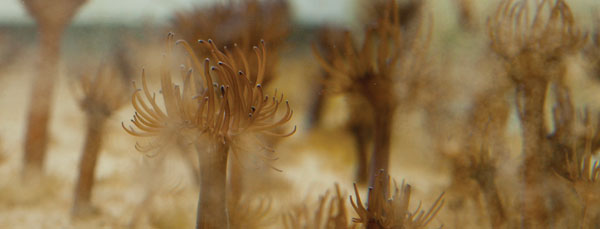Extracts

Beneficial bacteria help keep Florida coral healthy
By Robert H. Wells
Researchers at the University of Florida and Mote Marine Laboratory have identified bacteria that could potentially help corals resist the devastating disease white pox.
The findings could help maintain the health of Florida’s coral reefs, which bring in billions of dollars to the state annually and are important for tourism, fisheries, shoreline protection and pharmaceutical research.
“Coral reefs are a major attraction for tourists in Florida,” said Max Teplitski, a microbiologist and an associate professor at UF’s Institute of Food and Agricultural Sciences.
Unfortunately, in the past 20 years, they have been degrading due to global environmental changes and direct human impacts, like overfishing. Disease wipes out stressed corals in South Florida too, he said.
White pox is caused by Serratia marcescens, a bacterium commonly found in animal feces that is harmful to a variety of animals and plants.
To combat white pox, Teplitski and a team of researchers began studying the interactions between the pathogen that causes the malady and other microorganisms that live on corals.
Corals are ancient creatures that recruit microorganisms such as bacteria to protect themselves from disease. Animals known as polyps build their characteristic structure.
In the study, the researchers screened several hundred bacteria for their ability to help ward off white pox and found four bacteria that stopped white pox disease progression under controlled laboratory conditions and, to some degree, protected the polyps from getting sick.
Based on these results, scientists may begin checking individual polyps for the presence of beneficial bacteria before introducing them into a reef system as part of coral reef restoration.
Kim Ritchie, senior scientist and manager for the marine microbiology program at Mote Marine Laboratory in Sarasota, said Florida’s coral reefs are some of the sickest in the world.
“They seem to be in the worst shape,” said Ritchie, a co-author of the study. “But the more we can learn about the balance of beneficial bacteria and pathogenic bacteria, the easier it will be to help the coral reefs in the Keys become healthier.”
The research was funded by sales of Protect Our Reefs specialty license plates, a statewide program administered by Mote Marine Laboratory Inc.